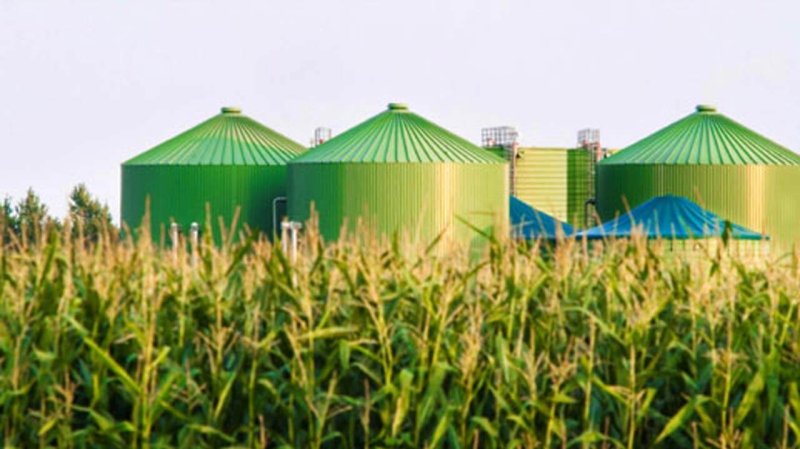If done right, in particular with and for family farmers, bioeconomy can help efforts to tackle pressing global problems such as hunger, poverty and climate change. This was the message FAO [Food and Agriculture Organization] Deputy Director-General Climate and Natural Resources, Maria Helena Semedo delivered [April 20] at the Global Bioeconomy Summit in Berlin.
A sustainable bioeconomy, Semedo said, “is foremost about nature and the people who take care of and produce biomass”. This means family farmers, forest people and fishers, who are also “holders of important knowledge on how to manage natural resources in a sustainable way.”
“We must foster internationally-coordinated efforts and ensure multi-stakeholder engagement at local, national and global levels,” she said noting that this requires measurable targets, means to fulfil them and cost-effective ways to measure progress.
“Together, let’s harness the development for sustainable bioeconomy for all and leave no one behind,” Semedo said, stressing how FAO works with member states and other partners across the conventional bioeconomy sectors – agriculture, forestry and fisheries – but also relevant technologies such as biotechnology and information technology to serve agricultural sectors.
Bioeconomy refers to an economy that uses biomass as opposed to fossil resources to produce food and non-food goods such as bioplastics and biopharmaceuticals.
Read full, original post: FAO calls for global coordination for a bioeconomy that leaves no one behind































